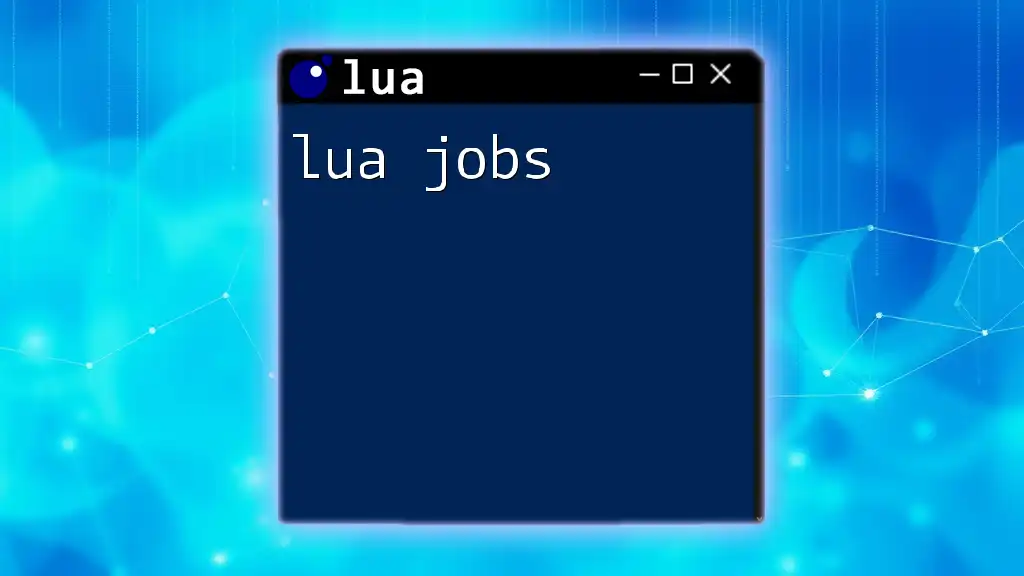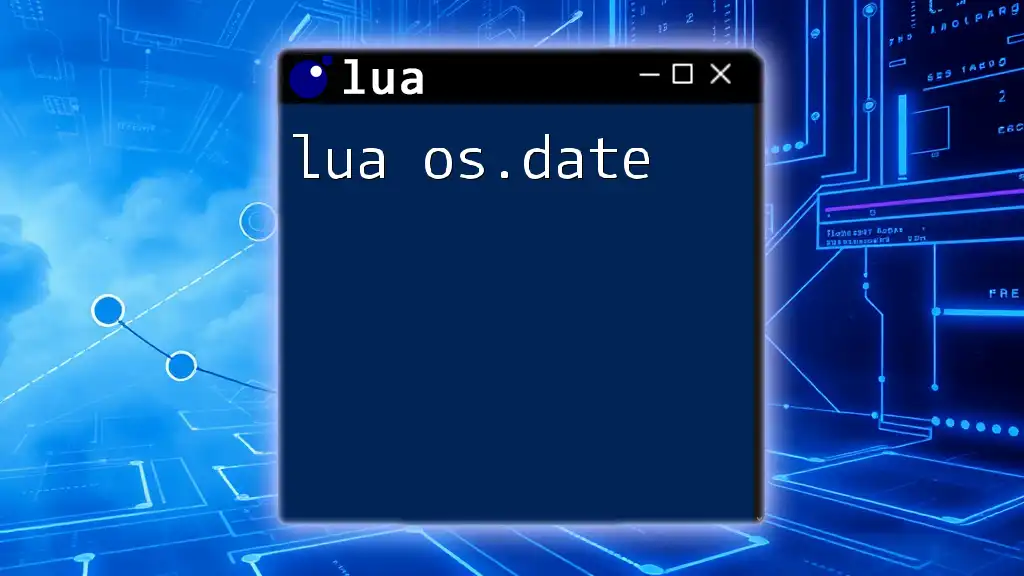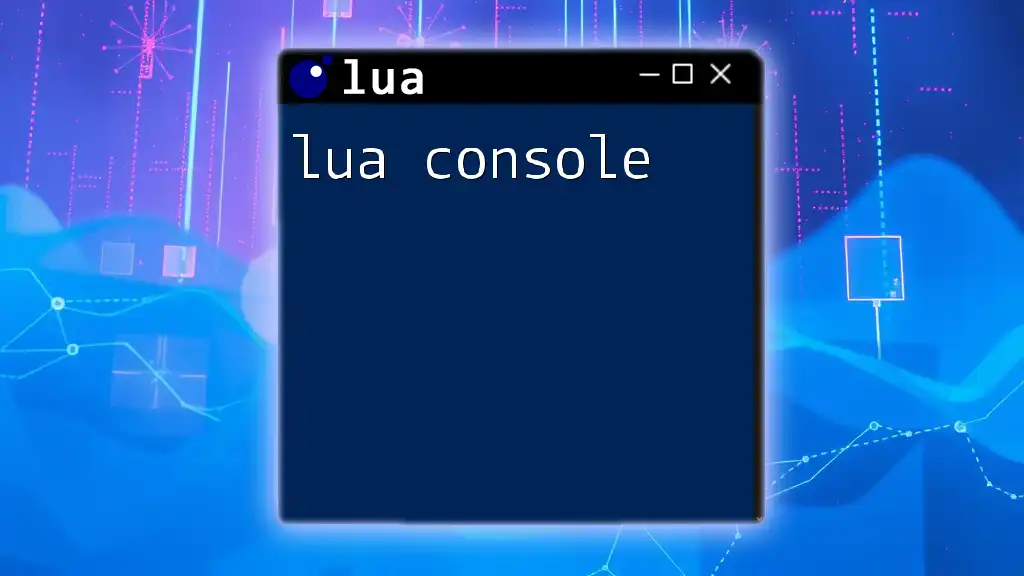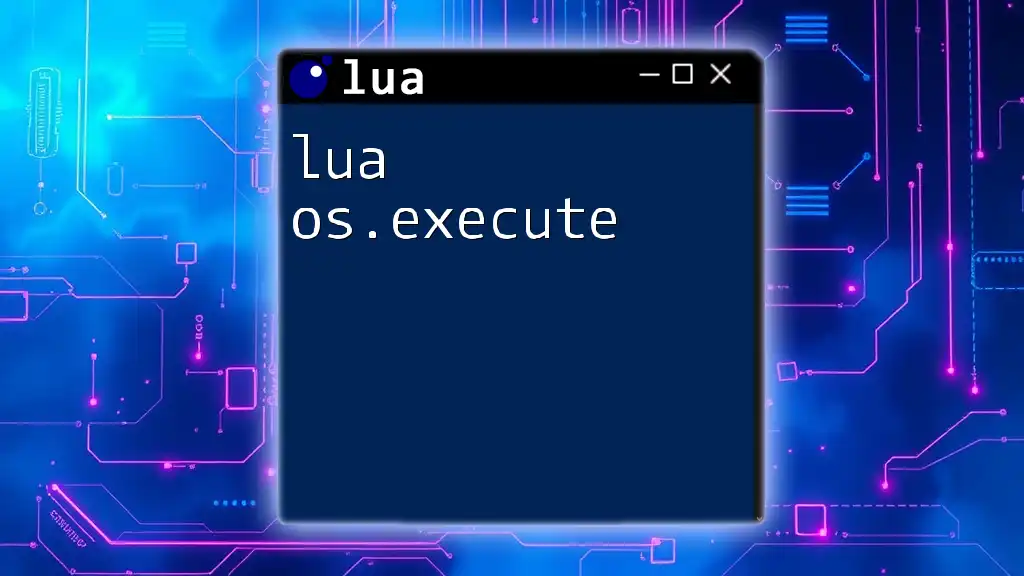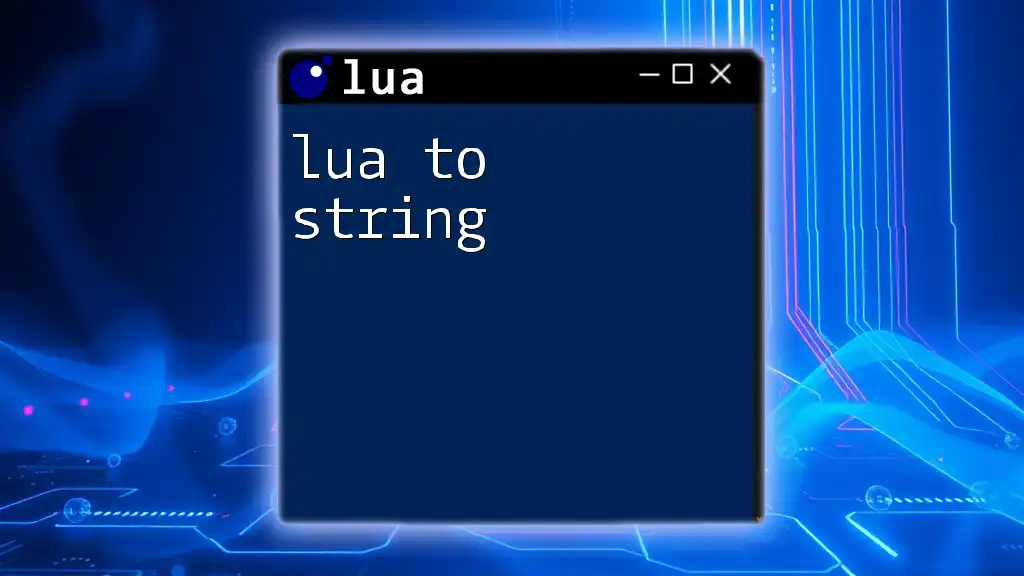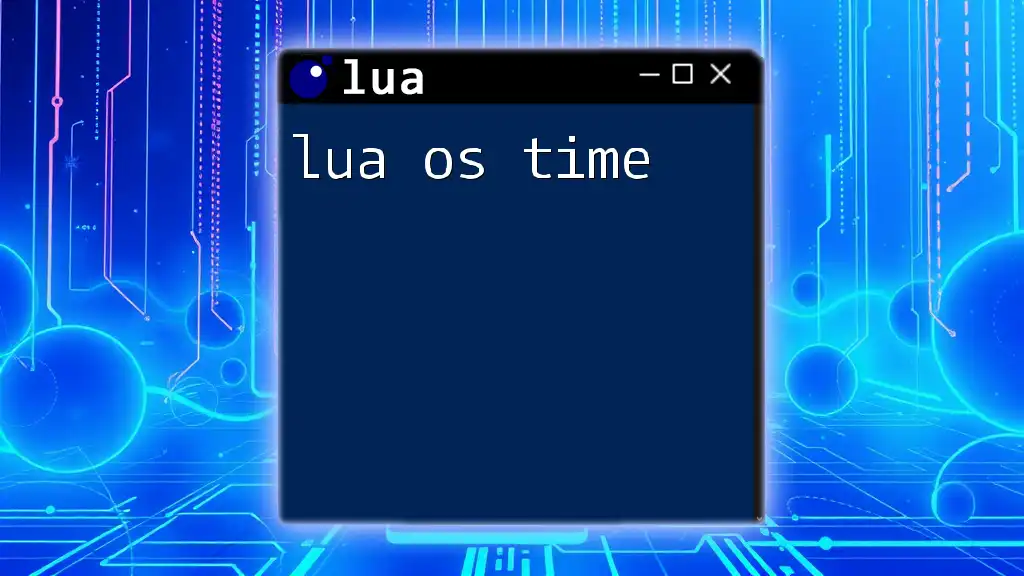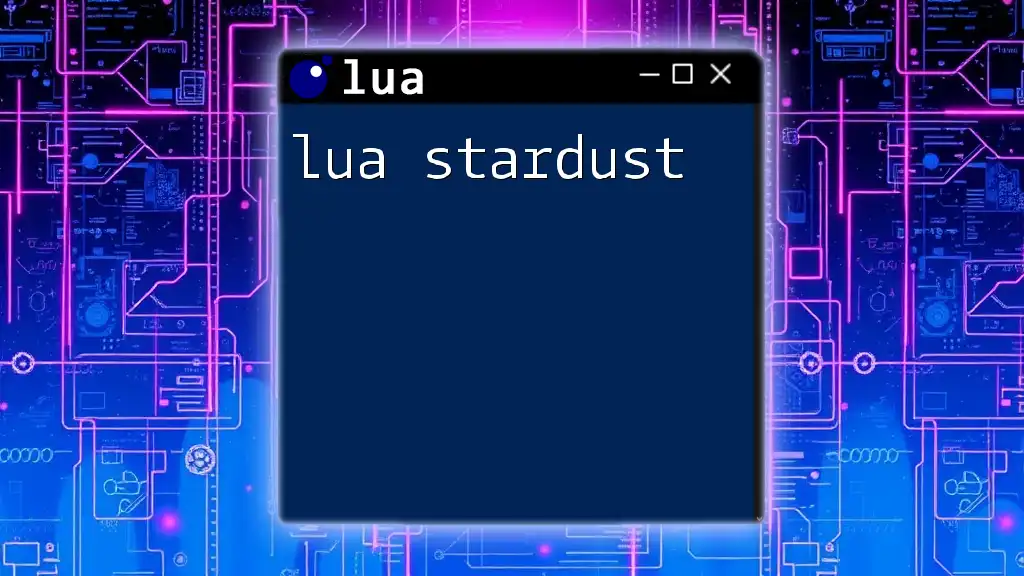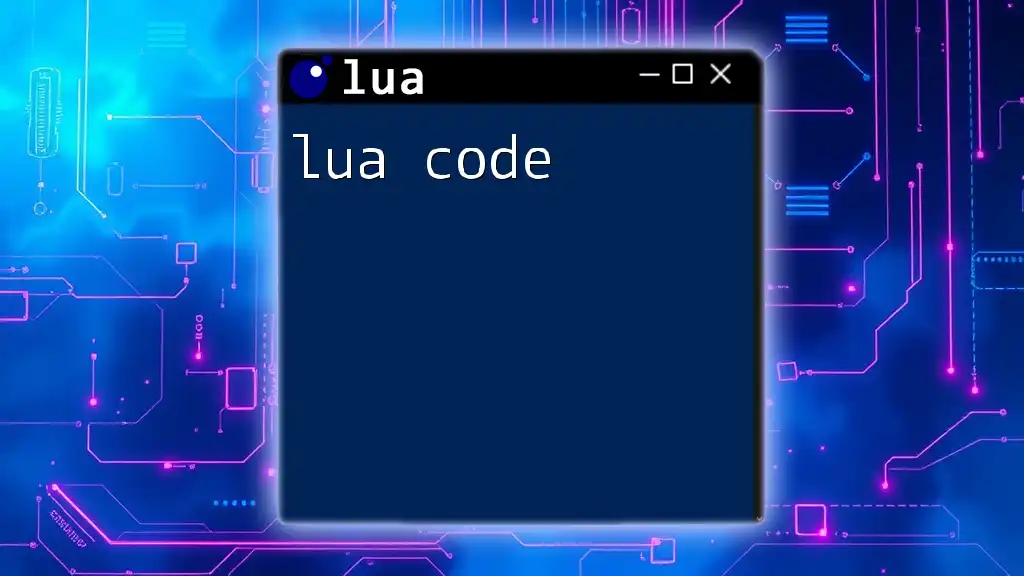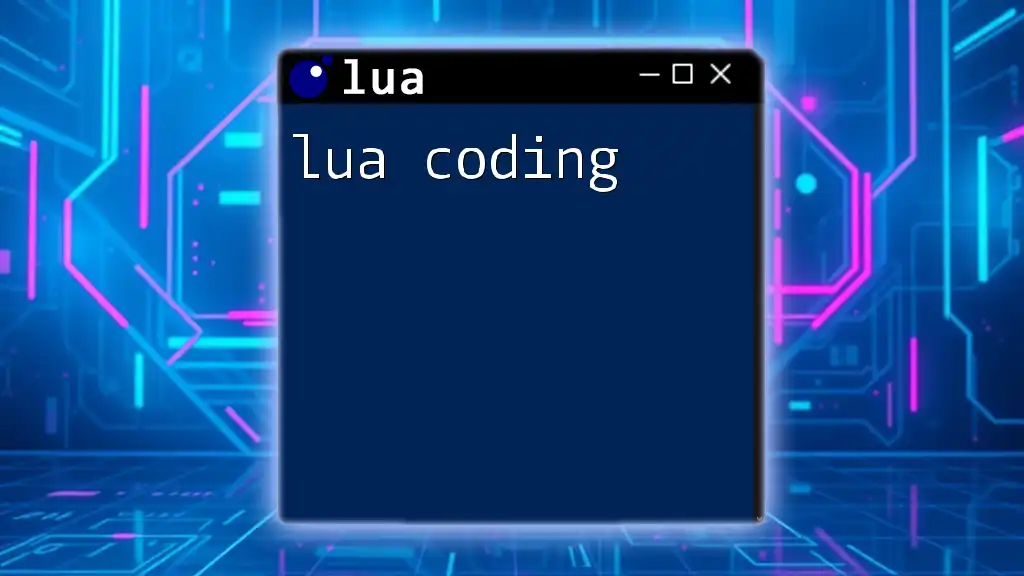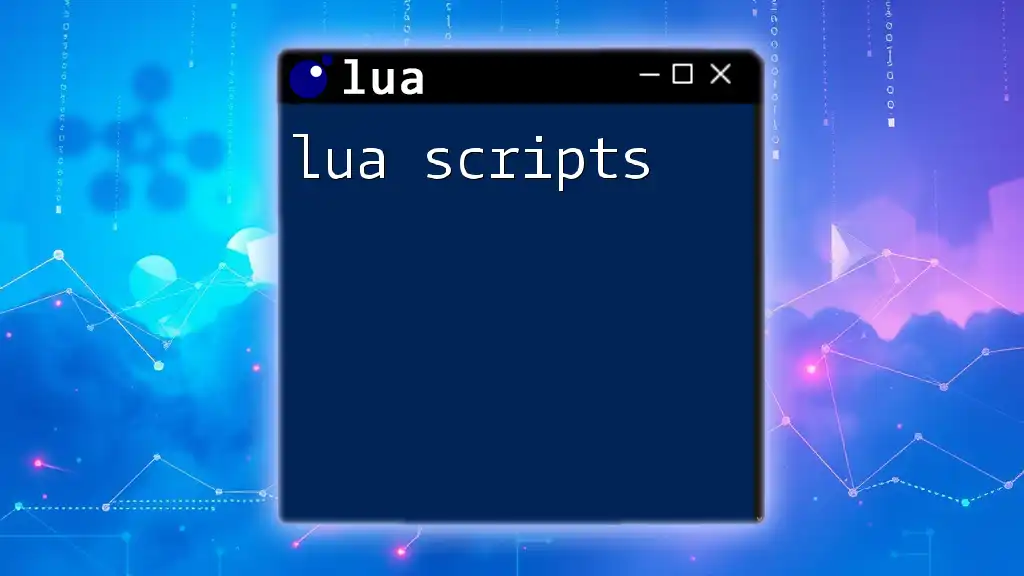Lua jobs involve leveraging the lightweight scripting language Lua for various applications, such as game development and embedded systems, enabling programmers to create efficient and powerful scripts.
Here’s a simple Lua code snippet demonstrating a basic function to print "Hello, World!" to the console:
function greet()
print("Hello, World!")
end
greet()
What is Lua?
Definition and Origin
Lua is a lightweight scripting language designed for embedded use in applications. Created in Brazil in the early 1990s, Lua has evolved into a powerful tool for a variety of tasks, particularly in game development and script automation. Its design emphasizes flexibility, making it an attractive choice for developers who need a customizable language.
Key Features of Lua
Lua is celebrated for its simplicity and ease of learning, making it accessible to beginners while also providing powerful features for seasoned developers. Some of its notable characteristics include:
- Extensibility: Lua allows users to extend your language capabilities through C or C++.
- Performance: Lua is lightweight and offers excellent performance, ideal for real-time applications such as gaming.
- Cross-platform: Lua works on various platforms, meaning jobs that involve Lua aren’t confined to one environment.
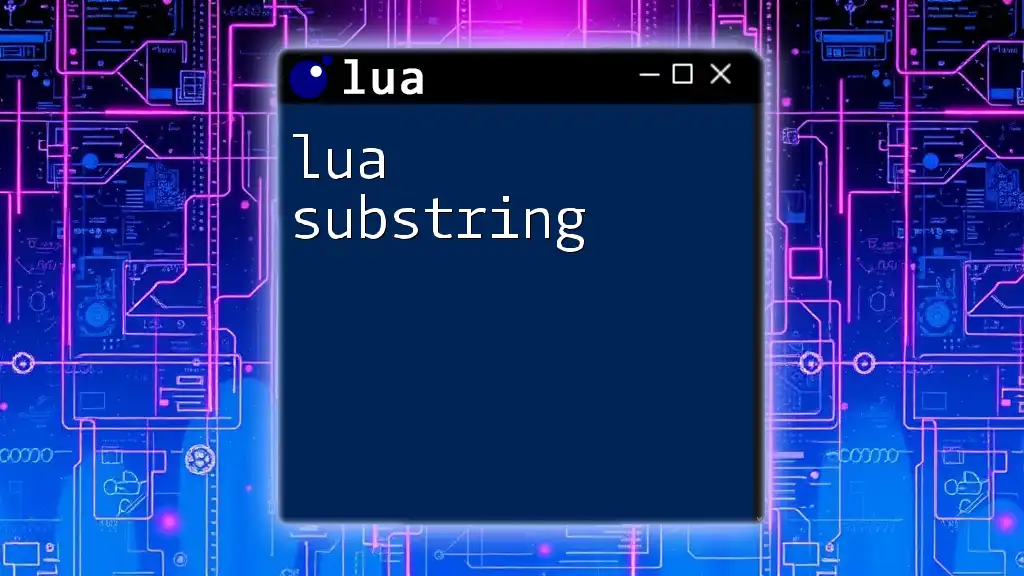
Why Learn Lua?
Demand in the Job Market
Lua has carved its niche in industries such as game development, embedded systems, and even web development. The rise in gaming popularity, especially in mobile apps and indie games, has fueled the demand for Lua developers. According to recent statistics, Lua is ranked as one of the top languages sought after by employers in technology and gaming sectors.
Career Opportunities
Mastering Lua can open doors to several exciting job roles, such as:
- Game Developer: Working within popular game engines that utilize Lua for scripting.
- Scripting Engineer: Creating and maintaining scripts that automate various development tasks or enhance applications.
- AI Developer: Implementing artificial intelligence algorithms in Lua for interactive gaming experiences.
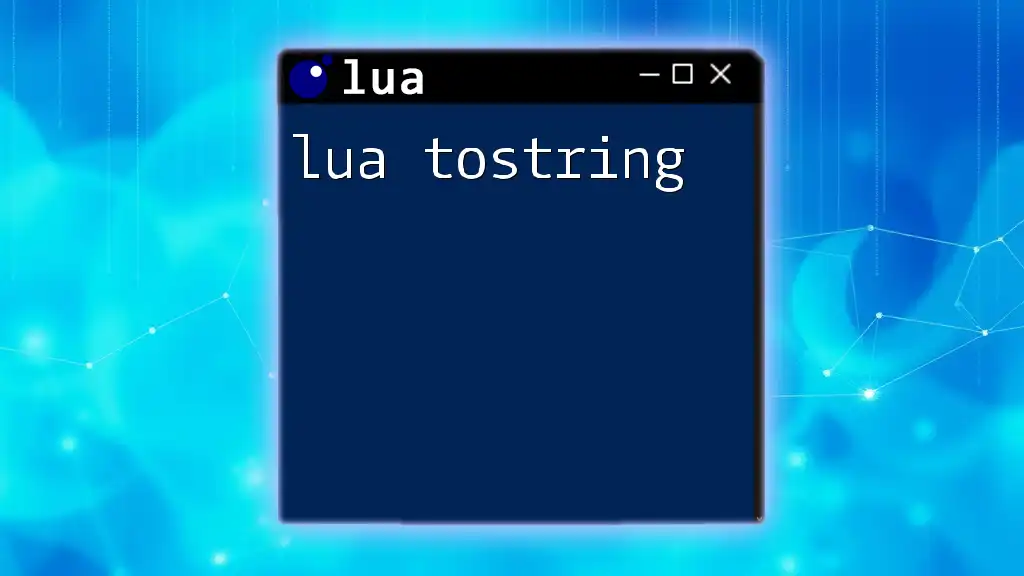
Understanding Lua Jobs
Types of Lua Job Roles
Game Development
Lua's prominence in game development cannot be overstated. Many high-profile game engines, such as Unity and Corona SDK, leverage Lua for their scripting capabilities. A typical job description for a game developer might include responsibilities like designing games, crafting engaging gameplay mechanics, and optimizing scripts for performance.
Automation and Scripting
Lua's lightweight nature also makes it an ideal choice for automation tasks. Scripting engineers often find themselves using Lua to automate repetitive processes, enhancing efficiency for various applications. A job description in this area may involve writing efficient scripts that integrate with other software and systems.
Job Skills and Requirements
Essential Lua Skills
To succeed in Lua jobs, a proficient understanding of Lua syntax and fundamental programming concepts is crucial. For instance, consider the following basic Lua syntax:
print("Hello, Lua!")
This code snippet is a simple demonstration of outputting text in Lua, representing the language's straightforward nature. Understanding how to use variables, control structures, and functions is essential for any aspiring Lua developer.
Additional Skills Employers Look For
Employers often desire additional skills beyond just Lua scripting. Candidates should be familiar with Object-Oriented Programming (OOP) principles, techniques for optimizing performance, and concepts relevant to the specific industry they are applying to, whether it's gaming, automation, or embedded systems.
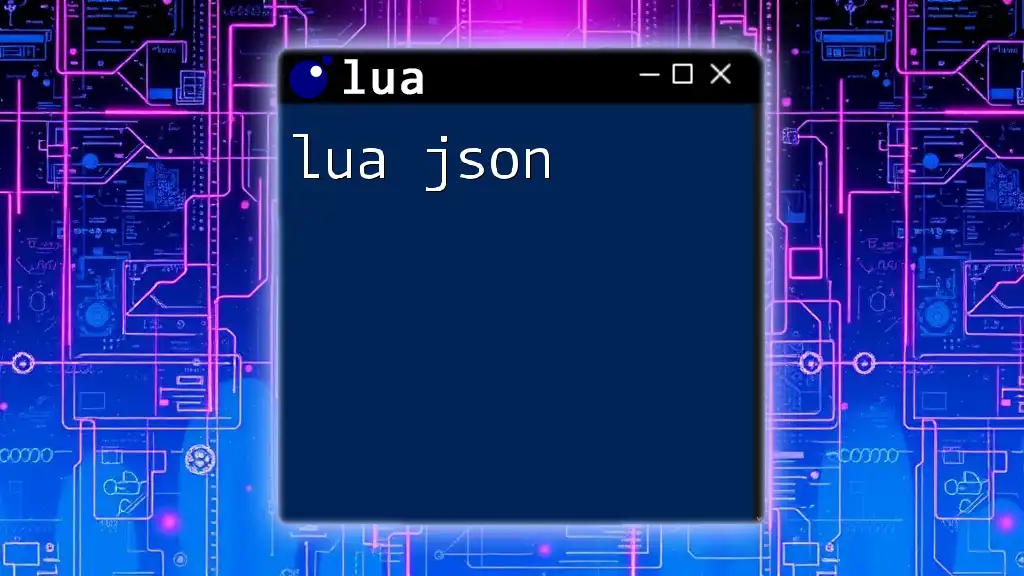
Building a Career with Lua
Learning Resources
To become proficient in Lua, it’s critical to utilize quality learning resources. Online courses and tutorials can provide structured guidance for beginners. Additionally, books like "Programming in Lua" serve as excellent references for those looking to deepen their understanding and tackle more complex Lua programming challenges.
Building a Portfolio
A strong portfolio can significantly enhance your job prospects in the Lua job market. Engaging in personal projects demonstrates your skills and creativity. Some ideas for projects include:
- Developing mini-games using a Lua-compatible engine.
- Creating automation scripts that streamline processes.
- Contributing to open-source projects that utilize Lua, which can showcase your collaborative abilities and problem-solving skills.

Job Searching Strategies
Finding Lua Job Opportunities
To locate suitable Lua job openings, various websites and platforms can come in handy. Websites like Indeed and LinkedIn list a multitude of Lua positions. Additionally, consider visiting online job boards that specialize in tech and game development jobs to discover specialized roles.
Networking and Community Engagement
Networking plays a pivotal role in securing Lua jobs. Joining Lua-focused forums and community groups helps you connect with industry professionals and fellow learners. Participating in meetups or conferences related to game development can also provide valuable insights and potential job leads.
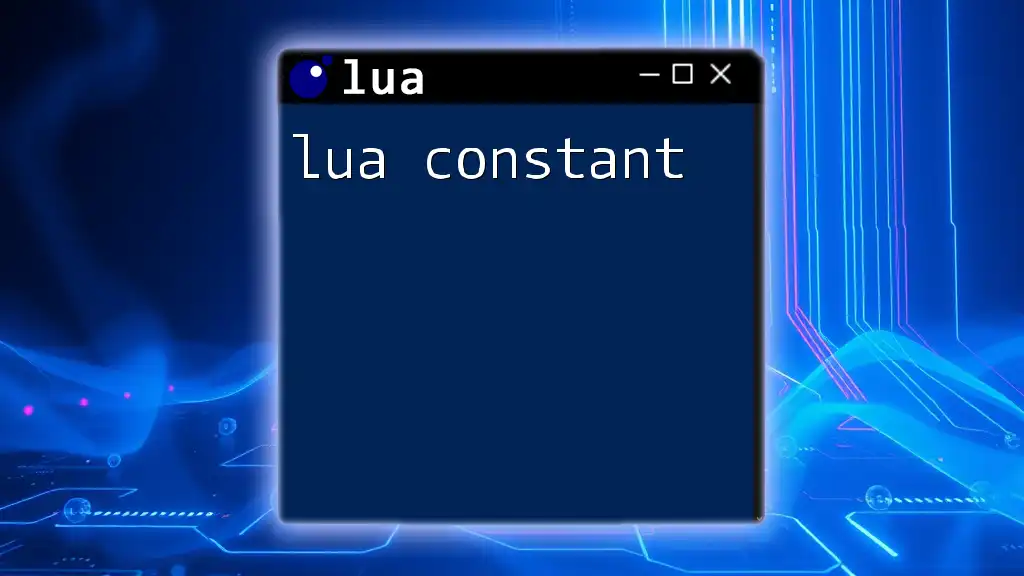
Preparing for Lua Job Interviews
Common Interview Questions
When preparing for a job interview, familiarize yourself with common questions related to Lua programming. For instance, interviewers may ask:
- "How do you handle errors in Lua?" Understanding the error handling mechanisms in Lua, like using pcall() for protected calls, can showcase your knowledge.
- "Can you explain Lua tables?" Being able to illustrate the utility and flexibility of tables in Lua is critical, as they are a fundamental data structure.
Practical Coding Tests
Many employers may require you to complete practical coding tests during the interview process, which often involve solving problems in Lua. Here’s an example coding challenge you might encounter:
-- Function to return factorial of a number
function factorial(n)
if n == 0 then
return 1
else
return n * factorial(n - 1)
end
end
print(factorial(5)) -- Output: 120
Demonstrating your ability to write efficient, well-structured code is crucial to impressing potential employers.
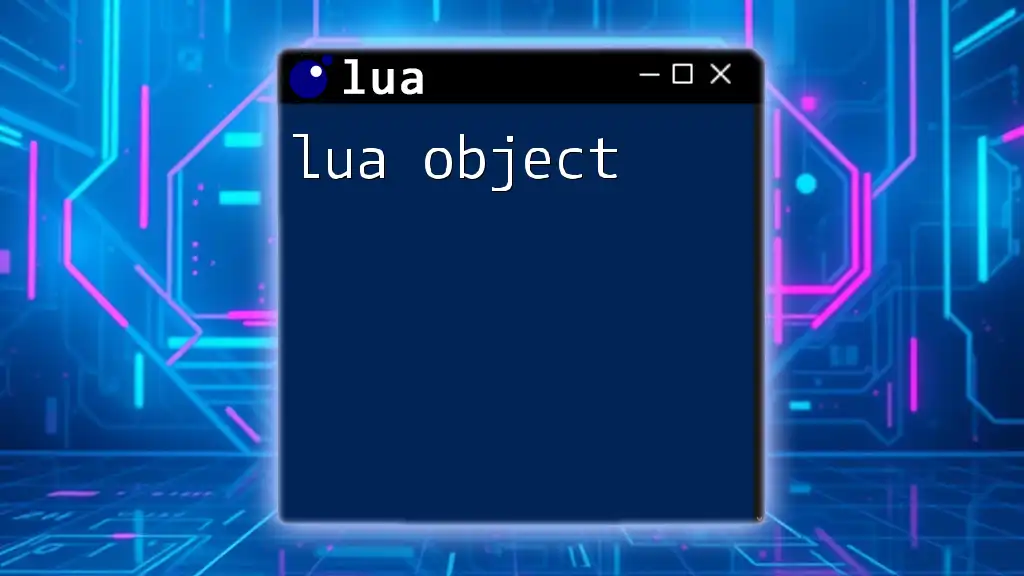
Conclusion
The importance of Lua in the current job market is undeniable. As an easy-to-learn yet robust scripting language, Lua provides ample opportunities for those looking to carve out a niche in technology or gaming. By continuously advancing your skills and showcasing your knowledge through personal projects and networking, you can significantly enhance your career prospects in Lua jobs.
Call to Action
For more tips and resources on mastering Lua, subscribe to our newsletter! Plus, don’t miss out on our free introductory Lua tutorial designed for beginners eager to start their programming journey.

